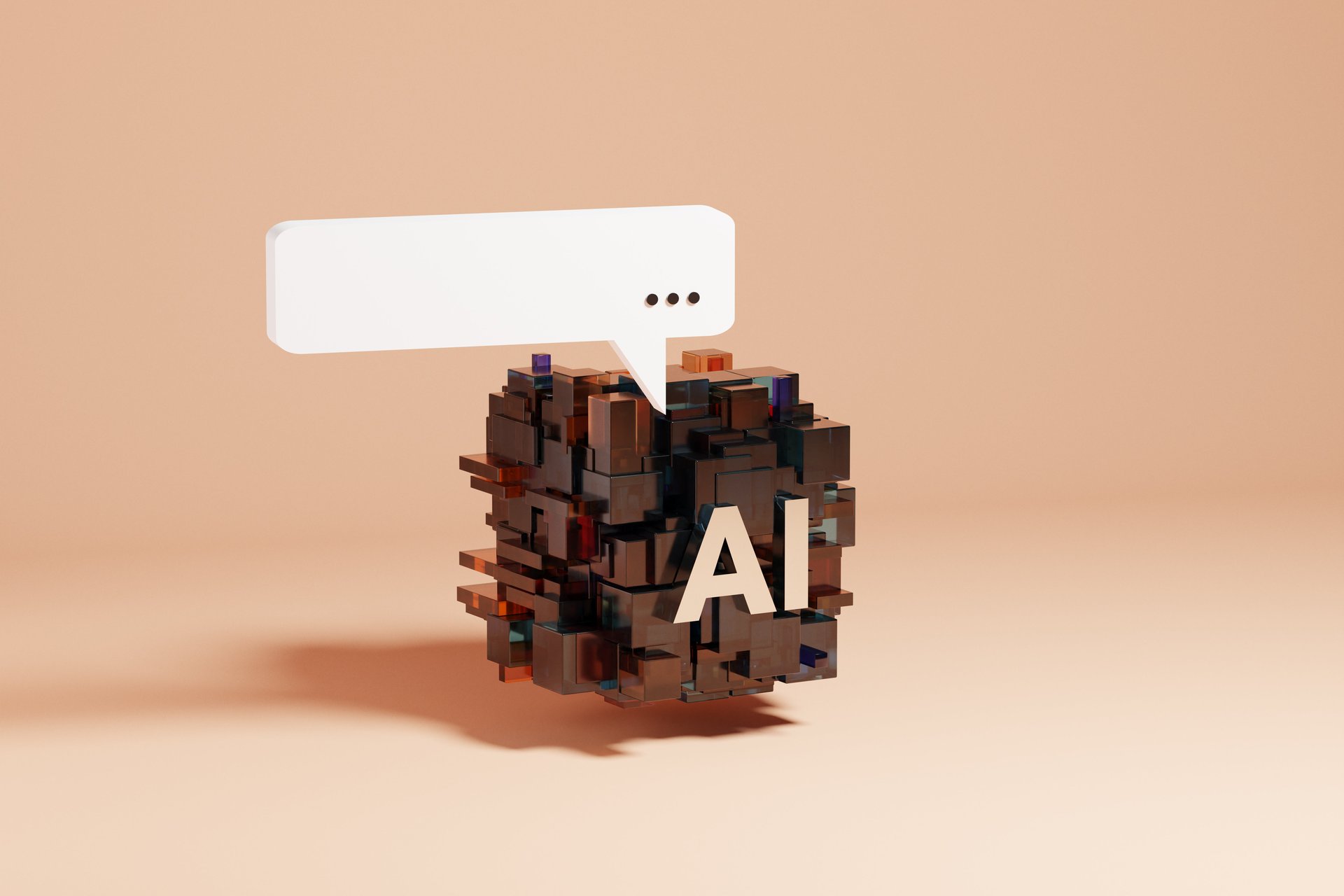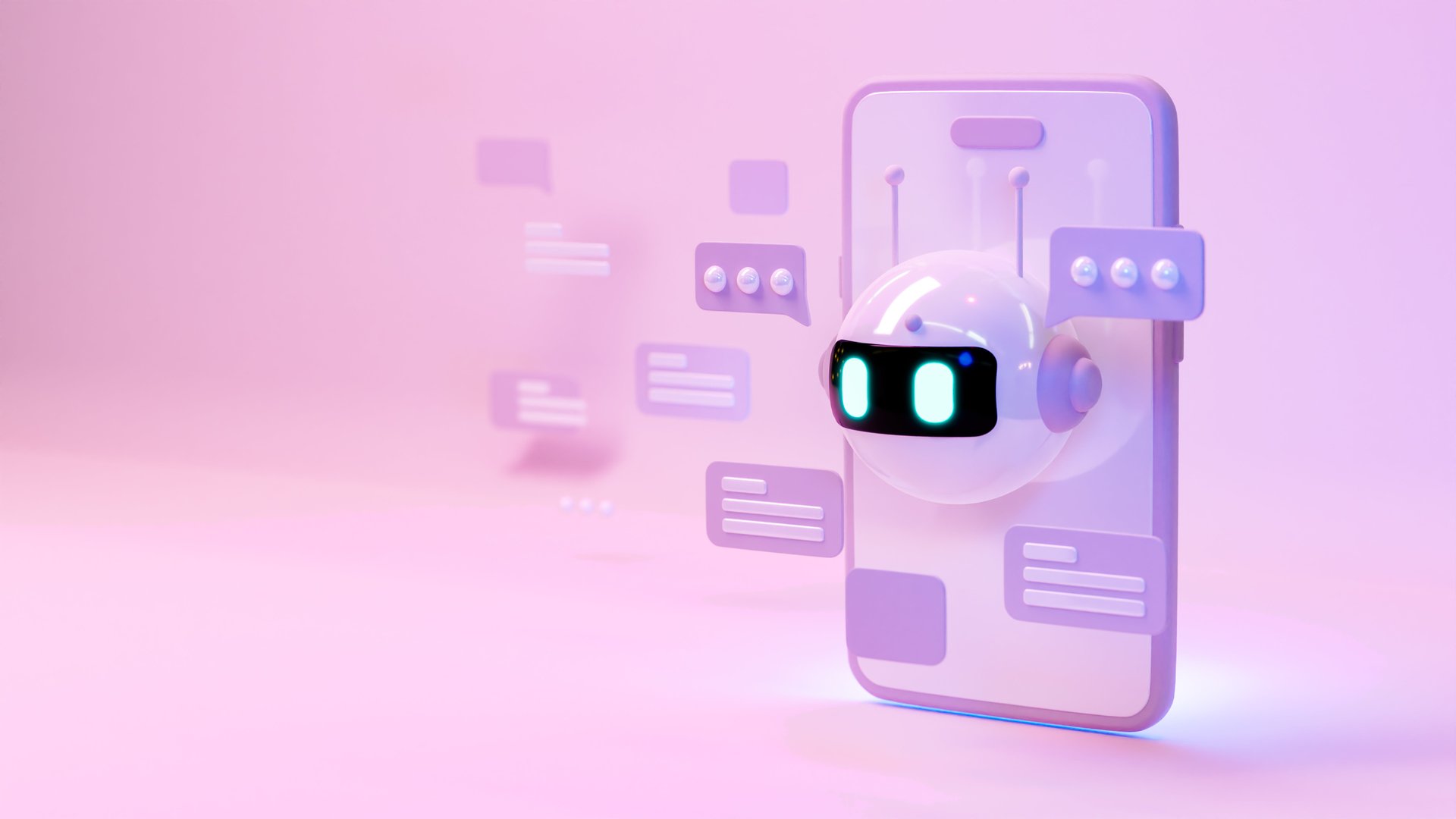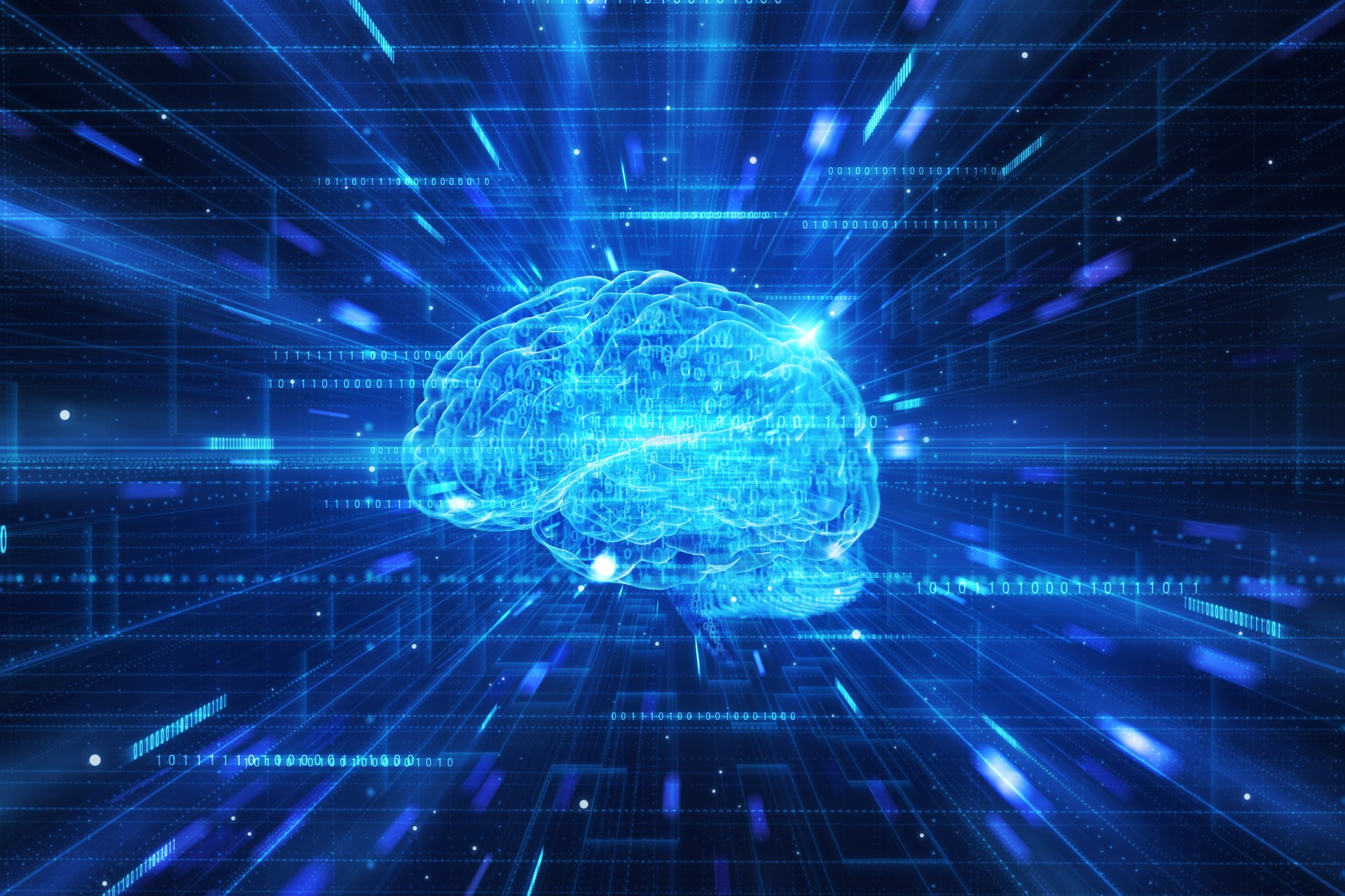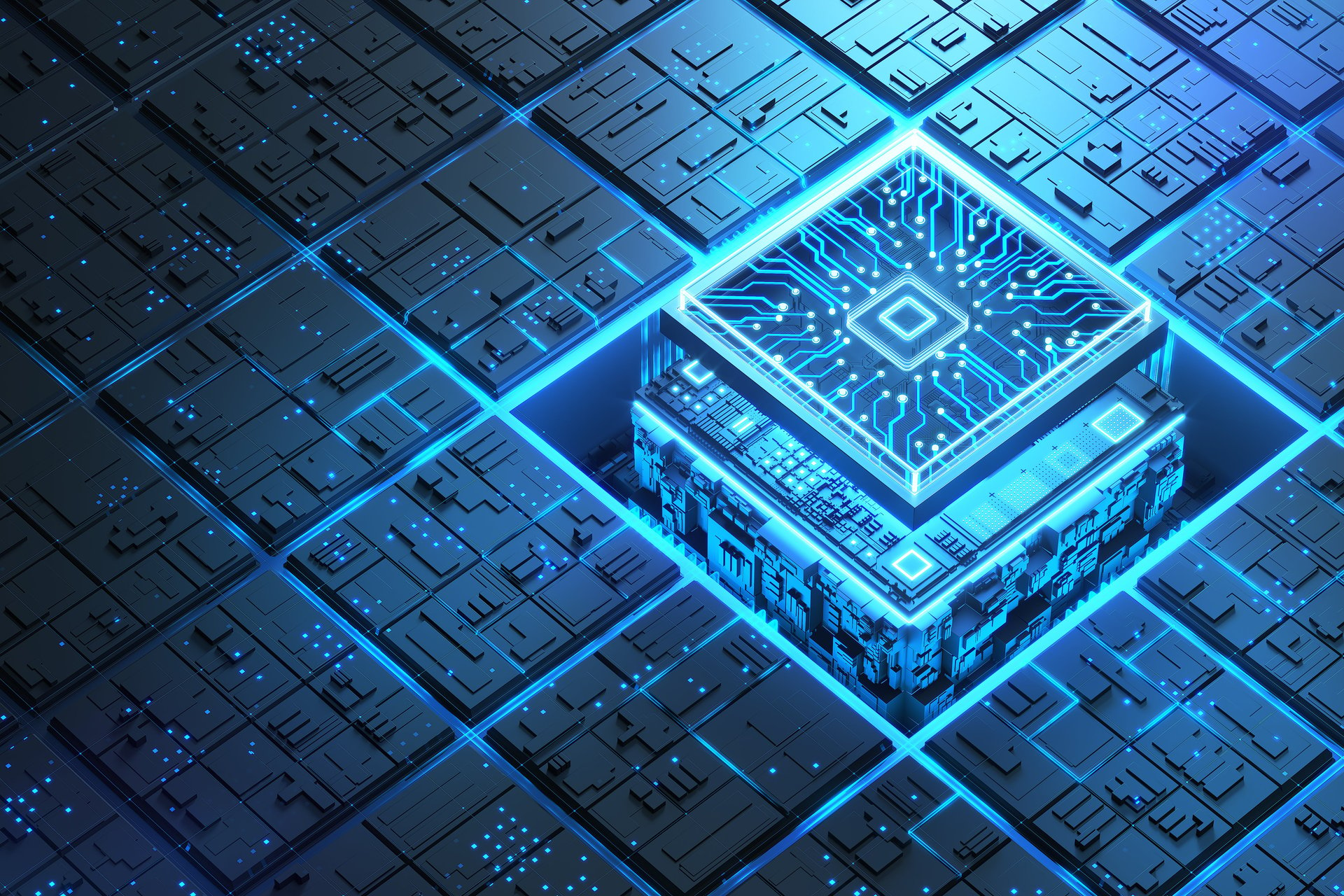We asked 5 AI chatbots for their 2025 AI predictions. Here's what they said
All 5 chatbots predicted widespread generative AI adoption across industries in the next year

Since the launch of OpenAI’s ChatGPT two years ago, the artificial intelligence industry has been in a race to develop chatbots that have prompted both excitement for human-level intelligence and fears of stolen jobs.
Now, industry experts are touting agentic AI that can work on behalf of users as the technology’s next wave in 2025, as well as widespread enterprise adoption and smaller, more efficient models.
Quartz asked five AI chatbots: ChatGPT, Google’s (GOOGL) Gemini, Anthropic’s Claude, Microsoft’s (MSFT) Copilot, and Groq, to share predictions on the AI industry for the coming year. As of this writing, Google’s Gemini is powered by Google’s Gemini 2.0 Flash experimental model, Claude is powered by Anthropic’s Claude 3.5 Haiku model, and Quartz used both ChatGPT 4o and ChatGPT o1, which uses OpenAI’s reasoning model, o1, for queries.
Here are the most common responses among the chatbots on the trends that will define the AI industry in 2025.
2 / 8
There will be widespread generative AI adoption across industries

All five chatbots responded that generative AI will continue evolving and will be integrated into various business operations to improve innovation and efficiency in the next year — especially in the healthcare, finance, education, and manufacturing industries.
As businesses integrate AI into core operations, adoption will move beyond the experimental stage, and AI will be used “for strategic decision-making, process optimization, and customer experience enhancement,” Claude said, adding that the technology will be embedded in workplace tools and workflows.
Generative AI will become “ubiquitous,” ChatGPT o1 said, adding that the technology will be used in content creation and for creativity in marketing, design, and media production.
As AI models get better at generating realistic and creative outputs, there will be “breakthroughs in fields like art, design, music, and content creation,” Gemini said. Meanwhile, businesses across industries will integrate generative AI “to streamline operations, personalize customer experiences, and drive innovation.”
AI-powered personalization will scale to “unprecedented levels” in 2025, ChatGPT 4o said, adding that it “will become a major competitive edge for companies.”
And AI will be able to automate routine tasks and “enable workers to focus on higher-level cognitive functions,” Gemini said. “While AI may displace certain roles, it will also create new job opportunities in AI development, maintenance, and ethical oversight.”
ChatGPT 4o also predicted AI “will move further from replacement and more toward augmentation.” By next year, “more tools could be designed to work alongside humans, enhancing productivity and creativity rather than fully automating roles.”
Both ChatGPT 4o and Groq said there will be progress in “explainable AI,” or AI systems that can explain their decision-making process.
3 / 8
Companies will shift to smaller, more efficient models

As AI companies address the energy consumption of computing, “there will likely be a shift toward smaller, more specialized models,” ChatGPT 4o said.
Smaller, more specialized models will be faster, cheaper, and more efficient for real-world applications, ChatGPT 4o said, because they will be optimized for specific tasks and industries. Meanwhile, techniques such as sparse modeling, or activating only one part of a model for a specific task, will reduce computational loads.
And initiatives for open-source AI and academic research “will focus on distilling massive models into lightweight architectures that run on consumer hardware or edge devices,” such as smartphones and laptops, that will both lower barriers to entry and accelerate AI adoption, ChatGPT o1 said.
More specialized and efficient models will reduce energy consumption and reliance on the cloud, Copilot said, adding that this is “crucial for sustainable AI development.” And techniques such as capping power usage during AI training can reduce energy consumption by up to 15%, the chatbot added.
At the same time, companies are starting to invest in renewable energy for data centers and AI operations, Copilot said, reducing the carbon footprint.
Energy storage systems, such as batteries, will enable data centers to store excess energy that can be used later, Gemini said, which will improve energy efficiency.
Gemini also predicted techniques such as “model pruning, quantization, and knowledge distillation will reduce the size and complexity of AI models, leading to lower energy consumption.”
4 / 8
Edge and on-device AI will become more common

Groq predicted that edge AI, or the deployment of AI models directly on local edge devices or Internet of Things (IoT) devices, will become more prominent as the amount of data generated by these devices grows.
“This will enable real-time processing and analysis of data closer to its source, reducing latency and improving performance,” Groq said.
Moving AI to the edge will also reduce “the need for data transmission and central processing, saving energy,” Copilot predicted.
And edge computing “will help preserve user privacy and meet stricter data protection requirements,” ChatGPT o1 said, because there will be less of a need to send data to the cloud.
ChatGPT o1 also forecasted that “highly efficient, ultra-low-power AI chips will become ubiquitous in consumer electronics,” allowing for neural network inference without having to connect to the cloud.
5 / 8
Autonomous agents will be everywhere

Copilot predicted that AI agents will become more prevalent in the next year.
“These agents will be able to perform complex tasks independently, making them valuable tools for businesses,” Copilot said.
Improved planning and decision-making capabilities will enable autonomous agents to “handle more complex tasks” from financial portfolio management to personalized content generation, ChatGPT o1 said.
6 / 8
There will be an expansion of multimodal AI capabilities

ChatGPT o1 said that multimodal AI — or an AI system that can process text, images, audio, and video — will expand in 2025.
These next-generation models “could drastically improve capabilities in fields like robots, autonomous driving, or advanced data analytics,” ChatGPT o1 said.
And because AI models might be able to process data through multiple sensors, they could improve “context understanding,” ChatGPT o1 said, and become “more robust in complex tasks.”
Claude also predicted advancements in multimodal AI that will lead to AI models becoming “more adept at understanding and generating content across different media types.”
7 / 8
There will be more regulation and ethical oversight

As AI becomes more influential, the chatbots predicted more regulatory frameworks around the world in the coming year.
Copilot said regulations will become stricter to address issues such as bias and data privacy. Gemini added that efforts to address biases in AI algorithms will become stronger to ensure fairness and inclusivity.
Gemini also said industry-wide standards and regulations will be put in place next year “to govern the ethical development and deployment of AI.”
Regulations around AI “will likely involve requirements for transparency, accountability, and perhaps even ‘AI licenses’ to operate certain high-stakes AI systems,” ChatGPT 4o said.
“Continued research will focus on making AI systems more reliable, interpretable, and aligned with human values,” Claude said. “This includes developing better methods to ensure AI systems behave predictably and ethically.”
8 / 8
Hardware will be innovated to meet sustainability goals

As the AI industry tackles the massive energy usage of data centers and other AI infrastructure, the chatbots predicted advances in AI hardware.
Copilot, ChatGPT 4o and o1, and Gemini all predicted more energy-efficient AI processors and graphics processing units, or GPUs, in the next year that can reduce the energy needed to run AI models.
Gemini also said data centers will implement strategies to improve cooling systems and power utilization efficiency, as well as use alternative energy sources. Meanwhile, cloud providers will continue investing in energy-efficient infrastructure, Gemini said, and offer tools to optimize AI workloads.
Putting data centers in cooler climates could also help reduce cooling costs, ChatGPT 4o said.
“AI itself can optimize the energy consumption of hardware and software systems,” ChatGPT 4o said. “For example, AI can predict energy usage patterns in data centers and dynamically adjust resource allocation to minimize waste.”